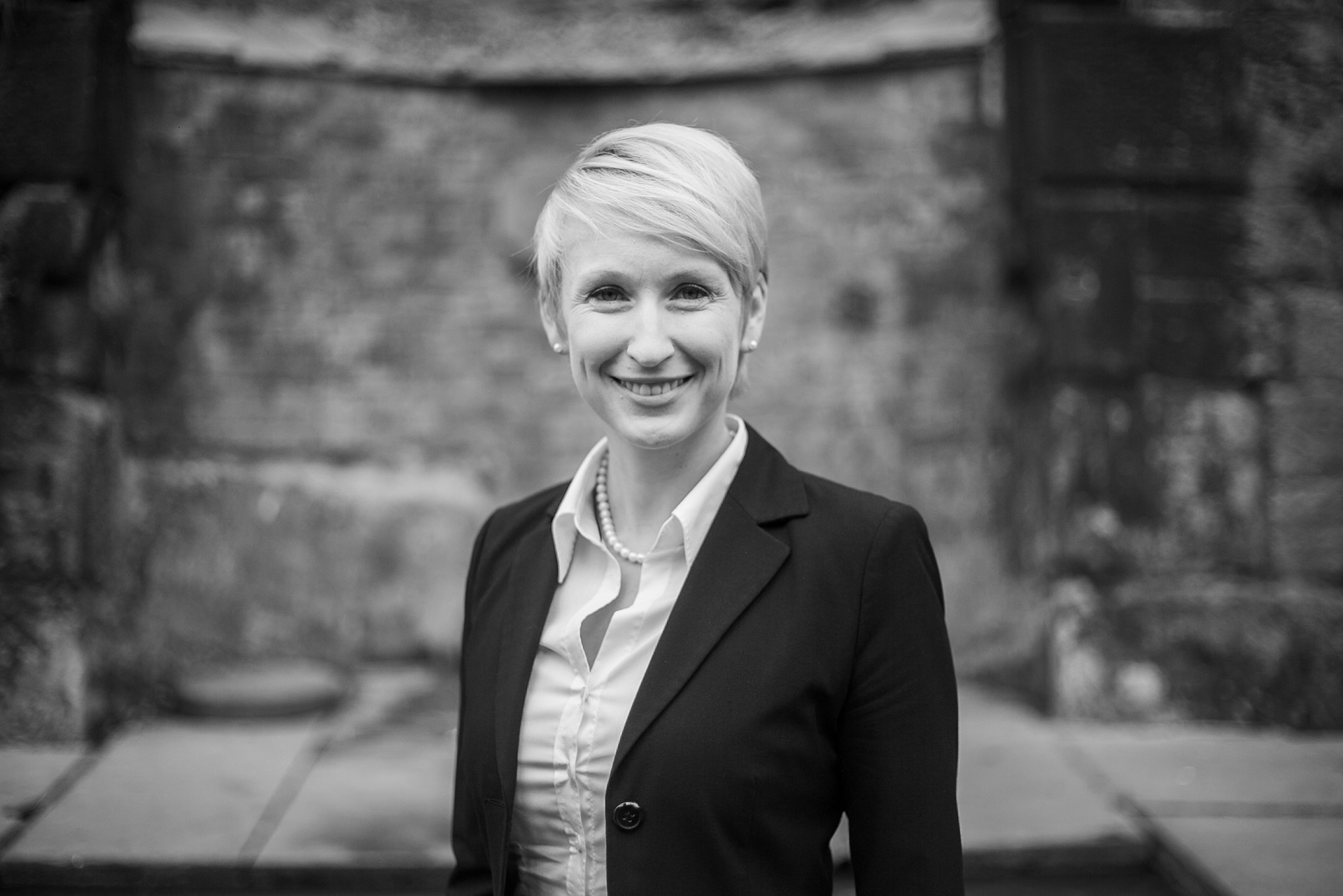How to make your projects a fairer environment to work in

As a project professional, you need to know how to make your projects fairer because the individuals you are working with care about fairness. If individuals in a project are treated fairly, the project is more likely to be successful; they are more committed to their work and willing to put in extra effort; and they are more likely to help and support others.
The positive outcomes range from extra‑role engagement to improved acceptance of change and enhanced satisfaction with decisions. Below, we outline some starting points on how you can make your projects fairer.
1. Seek to understand what fairness in projects means
We know what criteria individuals use to evaluate if their treatment is fair or not. They typically perceive fairness along the three dimensions of organisational justice:
- Distributive justice, which relates to the fair and equitable allocation of rewards – including benefits packages, pay, professional development and promotion opportunities – as well as resources, including workload, contribution, risk, responsibility, tools and equipment.
- Procedural justice, which is focused on the fairness of policies, procedures, processes, rules, etc. They are perceived as fair if they are accurate, bias free, clear, consistent, correctable, ethical, non‑discriminatory, representative and transparent.
- Interactional justice, which relates to interpersonal treatment and informational exchange. Interpersonal treatment perceived as fair is non‑accusatory/without blame, polite, respectful and truthful. Informational exchange that is open and honest, timely and explanatory is perceived as fair.
2. Understand what factors influence justice judgments
A number of factors influence how individuals evaluate their fair or unfair treatment in projects.
First, the source of the treatment matters. Treatment from a source such as the line manager and the employing organisation is generally felt more acutely than treatment from an external source.
Second, the temporality and frequency of the treatment impact fairness judgments. Individuals appear somewhat more tolerant to treatment in the project, which will likely end once the project comes to an end, compared to treatment received from their employing organisation. Also, frequency plays a role, with an infrequent act of unfairness sometimes regarded as tolerable, while frequent acts of unfairness are not.
Third, an individual’s authority and accountability make a difference. Individuals with authority and accountability experience fewer issues with unfair treatment than individuals who only have accountability, but little authority to change or influence things.
Fourth, an individual’s reflection on their own actions and prior experiences, as well as reflections on the reasons the sources of treatment acted as they did, can provide contextual information or explanation, which impacts on whether, or to what extent, some treatment is perceived as fair/unfair.
3. Be aware of the impacts of fair and unfair treatment in projects
As a project manager you need to be aware of the enabling power of fair treatment and the potentially damaging impact of unfair treatment.
At an individual level, fair treatment enhances ways of working such as personal and professional development, career and work opportunities and interpersonal working relationships. Fairness also positively influences health and wellbeing. Although unfair treatment often negatively impacts ways of working, relationships, feelings and wellbeing, sometimes it acts as a stimulus for change.
At an organisational level, fairness has been described as the glue that holds together individuals and their employing organisation. It is the basis for a trusting relationship and influences an organisation’s reputation. Unfair treatment can lead to missed deadlines and unfinished tasks, resulting in the non‑delivery of outputs and outcomes.
At a project level, feelings of fairness develop bonds of trust between project team members, whereas unfairness impacts negatively on the project delivery in terms of cost and viability.
4. Build skills and capabilities
Organisations need to invest in building the skills and capabilities of project managers and project team members in how organisational justice can be adopted in projects. This requires organisations to train leaders and senior project professionals in the relevance and application of fairness in projects. It also necessitates embedding fair principles and procedures in project team working and enabling individuals to implement fair processes and procedures within their own authority.
Justice in projects requires organisations to have an open and transparent culture that provides a psychologically safe environment for individuals to speak up. This should also be facilitated through the implementation and sustainment of appropriate governance arrangements, such as fair project governance, and includes considerations of an appropriate balance of authority and accountability across project roles, and clarity over roles and responsibilities. Organisations also need to ensure that learning from past organisational injustice is captured, understood and not repeated.
5. Take responsibility
As a project manager, you need to think about and be aware of the impact your actions have on others. We know from previous research that perception of fairness often varies between how fairly a source perceives their treatment of others and how fairly the receiving individual perceives the treatment. This means you need to actively seek feedback from individuals if your actions are following justice rules and, hence, if you are improving justice perceptions in projects. These can be simple considerations of how your treatment could add excessive workload/stress to others, or how something that is ‘important’ for one team member is not ‘urgent’ for another team member, or how able team members are to voice their opinions and influence the project.
Download the research report Fairness and Unfairness in Projects here.
A longer version of this article appears in the winter 2022 issue of Project journal.
This blog was co-written by Dr Christine Unterhitzenberger and Dr Kate Lawrence
 Dr Kate Lawrence is a Research Fellow in Project Management, at the University of Leeds.
Dr Kate Lawrence is a Research Fellow in Project Management, at the University of Leeds.


0 comments
Log in to post a comment, or create an account if you don't have one already.